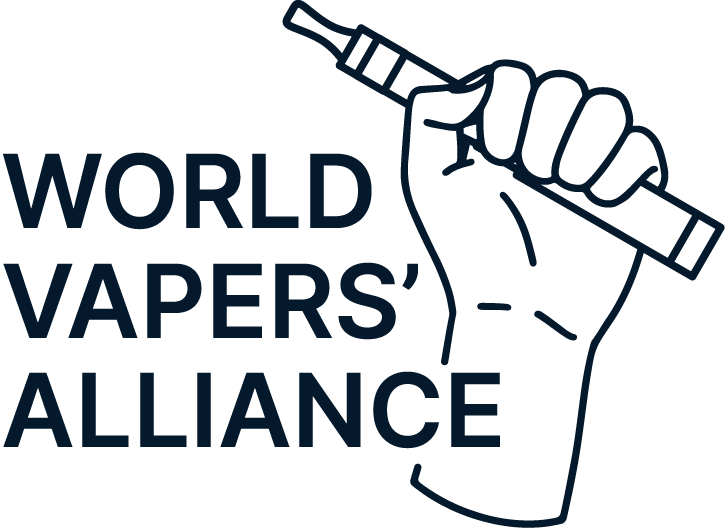All'inizio di questa settimana, 100 esperti di alto livello nel campo della riduzione del danno da tabacco, tra cui il consulente scientifico della WVA, il Prof. Bernhard Mayer, ha inviato un messaggio chiaro all'OMS: La guerra contro lo svapo e altre alternative deve finire!
Il dott. Mendelsohn, un esperto australiano, ha chiaramente sottolineato che l'attuale approccio anti-svapo dell'OMS "“portare a più morti e sofferenze dovute al fumo”" e ha ragione! Lo svapo ha già aiutato milioni di fumatori a smettere definitivamente. L'OMS deve finalmente ascoltare i consumatori e la scienza per salvare 200 milioni di vite in tutto il mondo.
La World Vapers' Alliance sostiene pienamente gli esperti e sollecita l'OMS a riconsiderare la sua attuale posizione sullo svapo e sulle alternative simili. Presentiamo di seguito le tre principali richieste dell'Organizzazione Mondiale della Sanità in vista della conferenza sul controllo del tabacco COP9 di novembre:
COSA VOGLIONO I CONSUMATORI DALL'OMS:
- IL RICONOSCIMENTO E L'INCLUSIONE DEI METODI DI RIDUZIONE DEL DANNO DEL TABACCO
- IL DIRITTO DI ACCESSO E ACCESSIBILITÀ PER I CONSUMATORI
- LA PARTECIPAZIONE EFFICACE DEI CONSUMATORI ALLE DISCUSSIONI DELLA COP9
Milioni di consumatori in tutto il mondo hanno smesso di fumare grazie ad alternative meno dannose. I prodotti per la riduzione del danno (svapo, filtri di nicotina, snus e altri) possono salvare milioni di vite. A sostegno di queste argomentazioni, vi è un'enorme quantità di prove.
Pertanto, chiediamo l'approvazione di metodi alternativi di riduzione del danno da tabacco e una rappresentanza equa durante la COP9.
- L'Organizzazione Mondiale della Sanità deve sostenere la riduzione del danno da tabacco
Il fumo è una delle principali cause di malattia e morte nel mondo. Più di otto milioni di persone muoiono ogni anno a causa del fumo, con quasi il 991% dei decessi correlati al tabacco indotti dal fumo e non da altre forme di consumo di nicotina. Ridurre il numero di fumatori e consentire loro di passare rapidamente ed efficacemente a un'alternativa meno dannosa dovrebbe essere una priorità assoluta per l'OMS e le agenzie di sanità pubblica di tutto il mondo.
Tuttavia, al momento, l'OMS tratta le alternative meno dannose esattamente allo stesso modo del fumo. L'OMS deve cambiare approccio e promuovere la riduzione del danno. Deve concentrarsi sull'aiutare i fumatori a smettere, piuttosto che perdere tempo a contrastare prodotti che hanno lo stesso effetto.
Nonostante l'impegno della Convenzione quadro per la lotta al tabacco (FCTC) a ridurre i danni del tabacco, l'OMS e il segretariato della FCTC continuano a chiedere normative più severe per le alternative meno dannose.
- Garantire l’accesso e la convenienza di alternative meno dannose
Per ridurre i tassi di fumo, dobbiamo usare Tutto possibili metodi che si dimostrino efficaci. Ciò significa anche garantire che questi prodotti siano disponibili, accessibili e che le informazioni su di essi siano accessibili.
Abbiamo già esempi concreti di ciò che l'accesso ai metodi di riduzione del danno può realizzare.
- Nel Regno Unito, Public Health England, un'agenzia del Ministero della Salute, raccomanda attivamente ai fumatori di passare alle sigarette elettroniche. Nel Regno Unito, il tasso di fumatori è diminuito di 251 TP4T dal 2013 (anno in cui lo svapo è diventato popolare). Al contrario, in Australia, che ha alcune delle normative più severe al mondo in materia di svapo, il tasso di fumatori è diminuito di sole 81 TP4T nello stesso periodo.
- Grazie all'apertura allo snus, una forma di tabacco senza fumo, la Svezia registra il tasso di fumatori adulti più basso del mondo sviluppato, con appena 7%. Il risultato è una riduzione dei tassi di malattie indotte dal fumo. La Norvegia ha ottenuto un successo simile grazie alla sua apertura allo snus.
L'OMS deve porre fine alla sua guerra contro lo svapo e altri strumenti innovativi per la riduzione del danno. Le raccomandazioni per un aumento della tassazione, il divieto di aromi o il divieto assoluto devono essere ritirate.
- I consumatori e le organizzazioni nel campo della riduzione del danno da tabacco devono essere ascoltati
Negli ultimi anni, l'OMS ha rifiutato la partecipazione dei consumatori e degli esperti di riduzione del danno al suo processo decisionale. È diventata un'isola a sé stante, una cassa di risonanza degli stessi gruppi per il controllo del tabacco, la cui visione del mondo è rimasta immutata almeno 30 anni fa.
Ai media e al pubblico è vietato osservare o partecipare ai lavori della COP. Ignorare le voci, le esperienze e la vasta conoscenza degli esperti di riduzione del danno e dei consumatori danneggia la causa. È una violazione della trasparenza e della buona governance.
Chiediamo all'OMS di porre fine al divieto di fatto di dibattito aperto durante la COP e di istituire nuove piattaforme di dialogo multilaterali. Fumatori ed ex fumatori, consumatori di alternative meno dannose, nonché esperti indipendenti di riduzione del danno da tabacco devono avere voce in capitolo nel processo decisionale.
Esortiamo l'OMS e il segretariato della FCTC ad approvare nuovi approcci e ad essere aperti all'innovazione nella riduzione del danno, smettendo di ignorare milioni di consumatori ed esperti del settore. I fatti non possono più essere ignorati.







